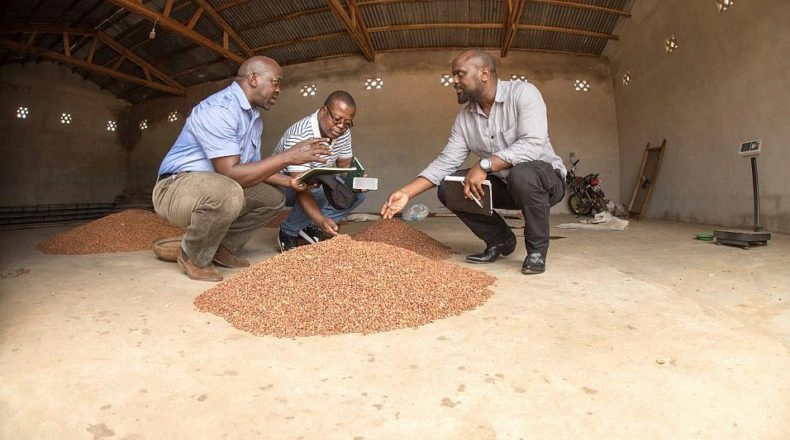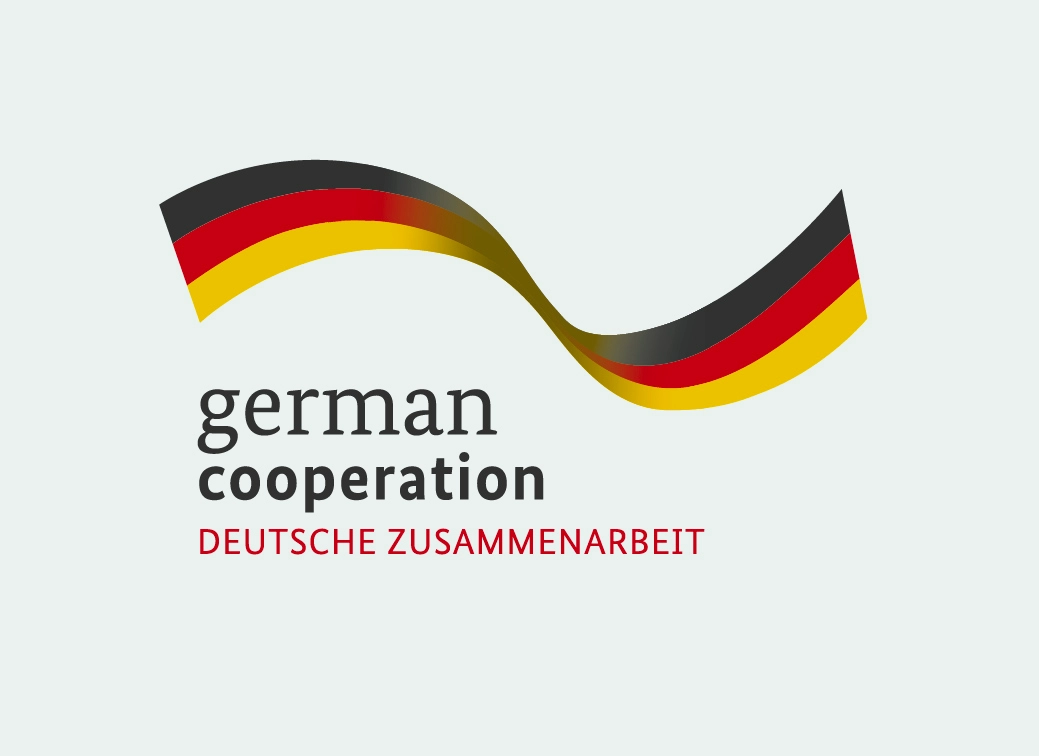Understanding State Capability and National Agriculture Flagship Programmes
26th April 2021 by Thierry Hoza Ngoga, AGRA’s Head of Support to State Capability

State capability, the ability of government to administer effectively, defines a political system. A government must be able to produce and deliver economic and social goods as its populace expects, since if able to steer adequately its economic system, it will ultimately succeed. This makes the building of state capacity the one of the most transforming devices in African development.
In recent years, African governments, often working in partnership with third parties, have accelerated growth using new-style programmes to build public sector capacity. This has allowed governments to harness innovation, learn lessons from the past and enlist the enthusiasm of the leaders who matter.
Alliance for a Green Revolution in Africa (AGRA) has found that supporting flagship programmes is one of the most effective ways in which it can support governments in their quest for agricultural transformation. Using global best practice to spearhead the targeting of resources unites activities under a single focus that can then be adapted by local offices. It allows smaller, ad hoc initiatives to continue alongside, but the strategic intent of a flagship program is the relentless focus on making an impact in a chosen issue area to deliver on a key priority of the government while leveraging its assets, operations and core capabilities. Most importantly, it is a way to tell the story in a way that is easy for others to join and support a flagship program. This is because it is clearer to see the intent and therefore buy in to it.
The design and launch of an inaugural agricultural flagship programme is critical as it becomes the template for future endeavours and provides a modus operandi for others to follow. A true standard-bearer program can only be the result of a collaborative process involving government players, private sector partners, development partners and other interested parties that all work together to hone the specific issues to tackle, allocate the necessary resources, forge the right partnerships for implementation and ensure a measurement framework is in place. Finally, it must be aligned to the government’s overarching agricultural development strategy and vision.
There are 5 key steps as to how AGRA supports governments to achieve an agricultural flagship program:
- The government, through responsible ministries, takes the lead and identifies a priority area within the National Agricultural Investment Plan (NAIP) or national development framework. While AGRA can provide the necessary technical support, ensuring adequate input from development partners and other stakeholders, the government owns the entire process and leads from the start.
- The government, through the Ministry of Agriculture (MoA), consults other relevant ministries, partner organisations, research institutes and NGOs to ensure the programme is fully representative, giving AGRA the opportunity to contribute to the process. These consultations can be done through the Agriculture Sector Working Group (ASWG).
- Based on these inputs AGRA, in collaboration with relevant ministry, drafts the terms of reference.
- A steering committee is initiated by the MoA to oversee the flagship design process and appoint relevant consultants. The committee initiates the design process ensuring everyone understands the tasks involved and expected outcomes, encapsulated in the terms of reference.
- The programme’s inception report will most likely be through the ASWG with the MoA ensuring all partners have the opportunity to have their comments included. Consultation meetings with AGRA’s technical teams follow and feed in the necessary expertise to the draft report submission. Once this is validated it can be handed over to the MoA to be presented to the various stakeholders and trigger the release of necessary resources.
The process embeds a tried and tested path to scaling up sustainable agriculture interventions while building institutions and systems. It includes a way of facilitating the role of private sector investors and brings together all key agricultural stakeholders in the effective delivery of agriculture programmes. By encapsulating the very best practice of leading light programmes with proven track records it is possible to emulate their success, build on lessons learnt and avoid past pitfalls, allowing governments to make the most of limited resources while enhancing their capabilities.
Strong partnerships with government and its understanding of the African agricultural landscape mean AGRA is ideally placed to support this process. They work with governments on the deliberate prioritisation of programmes at the highest level of leadership to produce up to date and evidence-based policies, including delivery mechanisms and mutual accountability frameworks. Supporting flagship programmes is key to helping millions of smallholder farmers in the quest to reduce poverty and hunger in Africa.
Related posts

AGRA Announces Open of CALA’s Advanced Leadership Programme Fourth Cohort Applications
15th May 2024
AGRA has announced the opening of applications for the third cohort of the Centre for African Leaders in Agriculture (CALA)’s Advanced Leadership Programme, designed for rising stars(upcoming technical leaders) and established executives from across Africa’s agriculture sector in government, the private sector, and civil society.
The Advanced Leadership programme is the continent’s premier leadership programme, tailored to support developing leaders in advancing agriculture transformation across the continent through the improved capacity to lead the implementation of country agriculture flagship programmes and national agriculture priority programmes.

Alumni Spotlight: Leading the Charge for Sustainable Agriculture in Africa
24th October 2023
“Knowledge empowers leaders. It’s the catalyst for change,” says Peter Juma Lugendo, an alumnus of the Centre for African Leaders in Agriculture (CALA) and the President and Chief Operating Officer at Kickstart. Peter’s journey through agriculture is a testament to what can be achieved when visionary leaders are armed with knowledge and driven by a profound purpose.
Through his training, Peter gained a deeper understanding of collaborative leadership and the art of setting SMART goals. These newfound skills supported his goal to create a nurturing environment at Kickstart, where team members thrive and perform effectively.

Alumni Spotlight: Promoting Sustainable Food Systems in Uganda- A World Food Day Special Edition
16th October 2023
In the Pearl of Africa, a determined alumna of the Centre for African Leaders in Agriculture (CALA), Rachel Ajambo, is on a mission to revolutionize food systems and combat global hunger. As the world is celebrating World Food Day with the theme “Water is life, water is food. Leave no one behind,” Rachel’s story serves as a testament to the power of education, collaboration, and commitment.
Rachel’s journey with CALA broadened her perspective on value chain development and food system transformation. With newfound knowledge, she delved into the complexities of managing water for production, a topic deeply connected to this year’s World Food Day theme.
The Centre for African Leaders in Agriculture (CALA) is made possible with the friendly support of:

